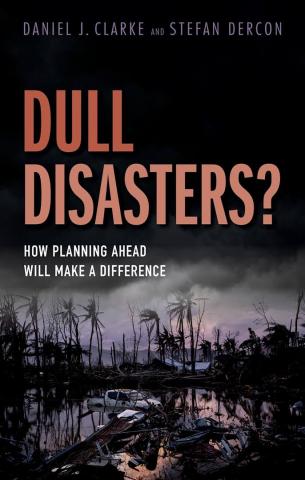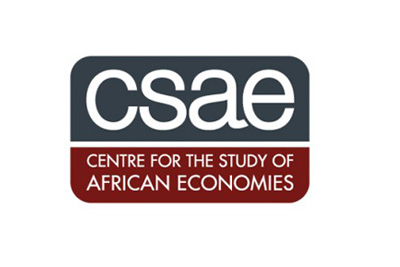Insuring against humanitarian disasters: Will it work?
Breadcrumb
17:00 - 19:00, 08 December 2016
Blavatnik School of Government, Radcliffe Observatory Quarter, Oxford OX2 6GG
In recent years, typhoons have struck the Philippines and Vanuatu; earthquakes have rocked Haiti, Pakistan, and Nepal; floods have swept through Pakistan and Mozambique; droughts have hit Ethiopia, Kenya, and Somalia; and more. All led to loss of life and loss of livelihoods. Responses were often late, underfunded and poorly coordinated, and recovery will take years. One of the likely effects of climate change is to increase the likelihood of the type of extreme weather events that seems to cause these disasters.
Do extreme events have to turn into disasters with huge loss of lives and suffering? Can we learn from insurance and use innovative risk financing instruments to improve our responses?
This event will bring together humanitarian and development thinkers, policy makers and practitioners, as well insurance experts to debate the risks and opportunities from using new financing mechanisms. Speakers and panelists:
- Sufian Ahmed, Senior Economic Advisor to the Prime Minister, Ethiopia
- Owen Barder, Vice President and Director for Europe, Centre for Global Development
- Daniel J. Clarke, Government Actuary’s Department, UK
- Stefan Dercon, Professor of Economic Policy, Blavatnik School and Chief Economist, UK Department for International Development (DFID)
- Rowan Douglas, CEO, Capital, Science & Policy Practice, Willis Group Limited
- Debbie Hillier, Senior Humanitarian Policy Advisor, Oxfam
Stefan Dercon will introduce some of main challenges and opportunities in public policy responses to risk and disasters in poor settings, drawing on his recent book Dull Disasters, co-authored with Daniel Clarke and published by Oxford University Press. Sufian Ahmed will bring the lessons learned by Ethiopia in financing the response to the 2015-16 drought.
This will be followed by a panel discussion and Q&A on the opportunities and risks of bringing insurance into development and humanitarian responses. The aim is to generate a better understanding of the practical ways in which governments, civil society, private firms, and international organizations can work together to reduce the risks to people and economies when a disaster strikes.
This event is free and open to all. To attend, please register here.
There will be a drinks reception after the event.
The event will be streamed live and recorded on the Blavatnik School of Government YouTube channel.
 About Dull disasters? How planning ahead can make a difference
About Dull disasters? How planning ahead can make a difference
Dull Disasters? harnesses lessons from finance, political science, economics, psychology, and the natural sciences to show how countries and their partners can be far better prepared to deal with disasters. The insights can lead to practical ways in which governments, civil society, private firms, and international organizations can work together to reduce the risks to people and economies when a disaster looms. Responses to disasters then become less emotional, less political, less headline-grabbing, and more business as usual and effective.
The book takes the reader through a range of solutions that have been implemented around the world to respond to disasters. It gives an overview of the evidence on what works and what doesn't and it examines the crucial issue of disaster risk financing. Building on the latest evidence, it presents a set of lessons and principles to guide future thinking, research, and practice in this area.
In association with:


